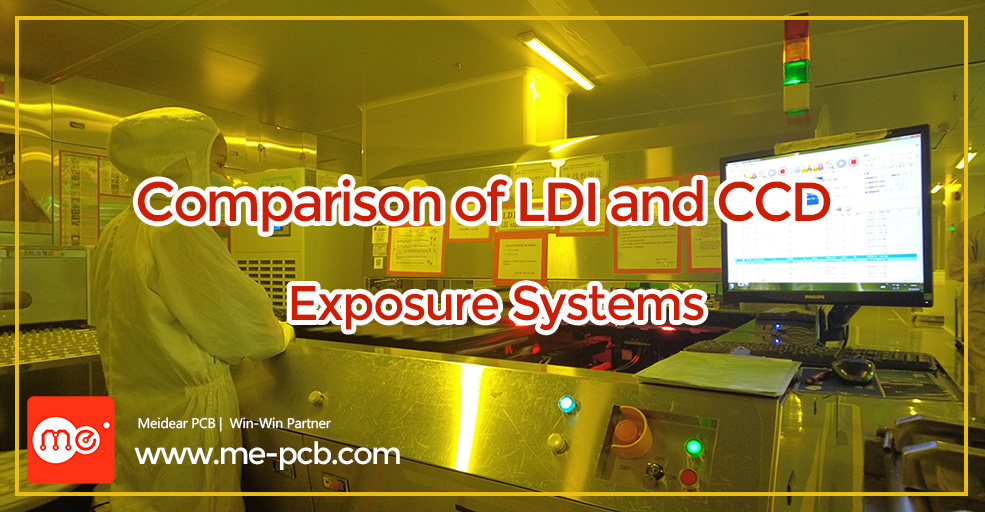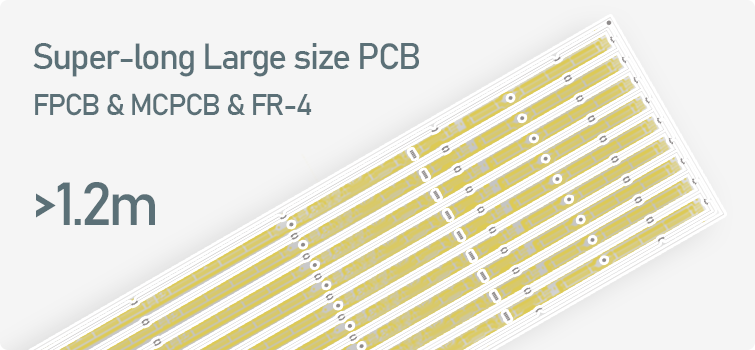NEWS FLASH: Guangzhou International Lighting Exhibition 2025 Signals Major Shifts for PCB Industry in Lighting & Beyond
Guangzhou, China – June 12, 2025 (Reporting Live from Guangya Expo)
As a seasoned PCB manufacturer deeply embedded in the electronics supply chain, the energy radiating from the 2025 Guangzhou International Lighting Exhibition (Guangya Expo 2025) this week is palpable and highly instructive. This year's event, wrapping up today, has transcended its core lighting focus, evolving into a critical showcase for the sophisticated printed circuit boards (PCBs) enabling the next generation of smart, efficient, and miniaturized electronic systems.


Key Takeaways for PCB Manufacturers
1.Miniaturization & High-Density Integration Reign Supreme:
The relentless drive towards smaller, more powerful lighting modules (especially in automotive, horticultural, and architectural applications) demands AL PCBs and Copper-based PCBs and advanced substrate materials. Exhibits featured PCBs with finer traces, micro-vias, and embedded components at unprecedented densities.
This isn't just about fitting more LEDs; it's about integrating drivers, sensors, and control logic onto shrinking real estate.

2.High-Power & Thermal Management are Non-Negotiable:
As LED efficiency pushes boundaries, so does power density. We observed widespread adoption of metal-core PCBs (MCPCBs - Aluminum, Copper), insulated metal substrates (IMS), and advanced ceramic-based substrates. Effective heat dissipation isn't an afterthought; it's a core design requirement directly impacting longevity and performance. Partnering with thermal material specialists was a recurring theme.
3."Smart" Demands Flexible & Hybrid Solutions:
The explosion of IoT-connected lighting, human-centric lighting (HCL), and LiFi necessitates PCBs that go beyond rigid structures. Flexible PCBs (FPC) and Rigid-Flex PCBs were prominently featured in control modules, sensor integrations, and wearable lighting concepts. This trend underscores the need for manufacturers to master diverse fabrication technologies.



LED Linear light
4.High-Frequency & Signal Integrity for LiFi & Controls:
This moves beyond simple power delivery to complex data transmission via light.signal integrity (low Dk/Df materials, controlled impedance) and superior high-frequency characteristics The nascent but rapidly growing LiFi (Light Fidelity) technology and sophisticated wireless control systems demand PCBs with excellent
5.Sustainability Drives Material & Process Innovation: Echoing broader industry trends, sustainable practices were emphasized. We noted increased interest in:
Lead-free and halogen-free materials meeting stringent environmental regulations (RoHS, REACH).
Recyclable substrates and processes minimizing chemical waste.
Energy-efficient manufacturing – a focus resonating with our own operational goals.
The PCB Manufacturer's Perspective: Challenges & Opportunities
Walking the halls, the message for PCB producers is clear:
Technical Prowess is Paramount: Success hinges on mastering HDI, advanced thermal management solutions, flex/Rigid-Flex, and high-frequency materials. Standard FR-4 alone won't cut it for leading-edge applications.
Collaboration is Key: Closer partnerships with lighting designers, fixture manufacturers, chipset providers, and material scientists from the earliest design stages is essential to optimize performance and manufacturability.
Agility & Customization: The lighting market is diverse and fast-moving. Manufacturers must offer flexible, responsive production capabilities and tailored solutions, not just off-the-shelf boards.
Quality & Reliability Underpin Everything: As lighting systems become more integrated and critical (e.g., in automotive, smart cities), absolute reliability over long lifetimes is non-negotiable. Rigorous testing and quality control are baseline expectations.
Why This Matters
"The innovations on display at Guangya 2025 aren't just about brighter or prettier lights," remarked Michael Chen, VP of Engineering at a leading PCB supplier exhibiting at the show. "They represent a fundamental shift towards intelligent, interconnected systems where the PCB is the central nervous system. For PCB manufacturers, it means elevating our capabilities in materials science, precision engineering, and thermal design to meet these exponentially growing demands."

Looking Ahead
The momentum from Guangya 2025 confirms that the convergence of lighting, IoT, and advanced electronics will continue to accelerate. PCB manufacturers positioned at the intersection of these technologies – offering sophisticated, reliable, and thermally efficient solutions – are poised for significant growth. The focus on miniaturization, intelligence, and sustainability isn't a passing trend; it's the blueprint for the future of electronics integration, starting with light.
2025.06.12



CEM-3 Thermal conductive material
IMS pcb Flexible pcb Copper-base pcbs

HASL,OSP ENIG,Immersion Silver,Immersion Tin hard Gold
nickel P-alladium gold



